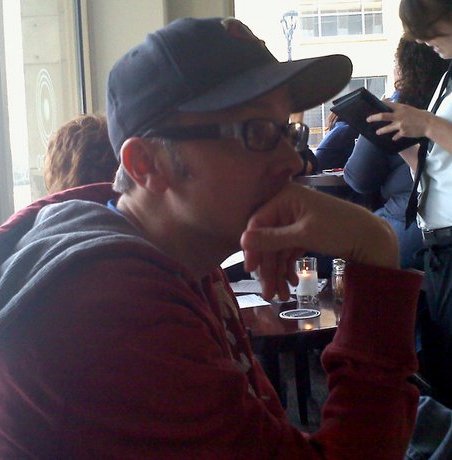By Eric Jayne
 The Boston Marathon bombings showcased the good and the bad of humanity. The bad comes from the two Muslim brothers from Chechnya who killed three people and gruesomely injured over 100 more with two pressure cooker bombs. The good is from the bystanders, some who just completed a marathon (!), who quickly took action among the chaos, unsure if more bombs would explode, to help victims to safety. Some people literally ripped the shirt off their backs to make tourniquets for victims rapidly losing blood.
The Boston Marathon bombings showcased the good and the bad of humanity. The bad comes from the two Muslim brothers from Chechnya who killed three people and gruesomely injured over 100 more with two pressure cooker bombs. The good is from the bystanders, some who just completed a marathon (!), who quickly took action among the chaos, unsure if more bombs would explode, to help victims to safety. Some people literally ripped the shirt off their backs to make tourniquets for victims rapidly losing blood.
Even though the attackers were motivated by religion—Islam in particular—I am quite certain that most religious followers—including Muslims—see the attack as a senseless and horrific tragedy. Just like religious believers, irreligious non-believers were shocked, upset, and probably also injured from the attack. But when the Massachusetts Governor’s office took charge in organizing a public mourning event, they made it exclusively and explicitly religious. A variety of us nonreligious folks were justifiably discouraged by this, but we also found empowering ways to deal with the rejection while also dealing with the gruesome attack.
President Obama and over a thousand more gathered inside the Cathedral of the Holy Cross in Boston for the interfaith service to heal and pray together. Before the service, Laura Everett, director of the Massachusetts Council of Churches, said she hoped the interfaith service will “represent the breadth of religious traditions”. This “breadth” was limited to Christianity (Catholic and Protestant), Islam, and Judaism.
Many atheists and other non-religious people felt unfairly excluded from the event. Zachary Bos, the co-chair of the Secular Coalition of Massachusetts and state director of American Atheists, asked to participate in the public interfaith service but his request was denied by organizing officials.
Legitimate complaints spread online mainly through social media and blogs. Many atheists were upset about their perspective being rejected from joining a public mourning event that deeply affected several from our own community. There were also many questioning the constitutionality of elected representatives participating in an exclusionary religious event.
In spite of this suppression we should all be proud of the way atheists, as a whole, responded. The Boston Atheists partnered with the Secular Coalition of Massachusetts for a fund raising campaign for victims of the attack. So far they have raised nearly $30,000 and it’s still growing as of this writing.
Another positive response came from a very touching piece that Greg Epstein, Humanist Chaplain at Harvard, wrote for CNN.com. It was about a volunteer in his congregation who was badly injured in the bombings and his displeasure with the exclusion of nonreligious representation at the interfaith event. He eloquently expressed his personal grief and social concerns while pointing out atheists, humanists, and other secularists are positive forces in our larger, shared community. He also participated in a secular humanistic memorial service that was open to the public regardless of race, ethnicity, sex, gender identity, age, and religion.
Processing through tragedies is a difficult task on its own, but being rejected from a public mourning event exacerbates the difficulty even more. Fortunately, our secular community was able to avoid getting bogged down in victimhood so that we could instead take the initiative to raise money for the real victims and mourn together. Epstein summed up the best attributes of any community when describing atheists and humanists: “ We serve. We meet throughout the year. We help one another raise good kids. We celebrate life, and we grieve death.” I would like to add that we are also very resilient.

